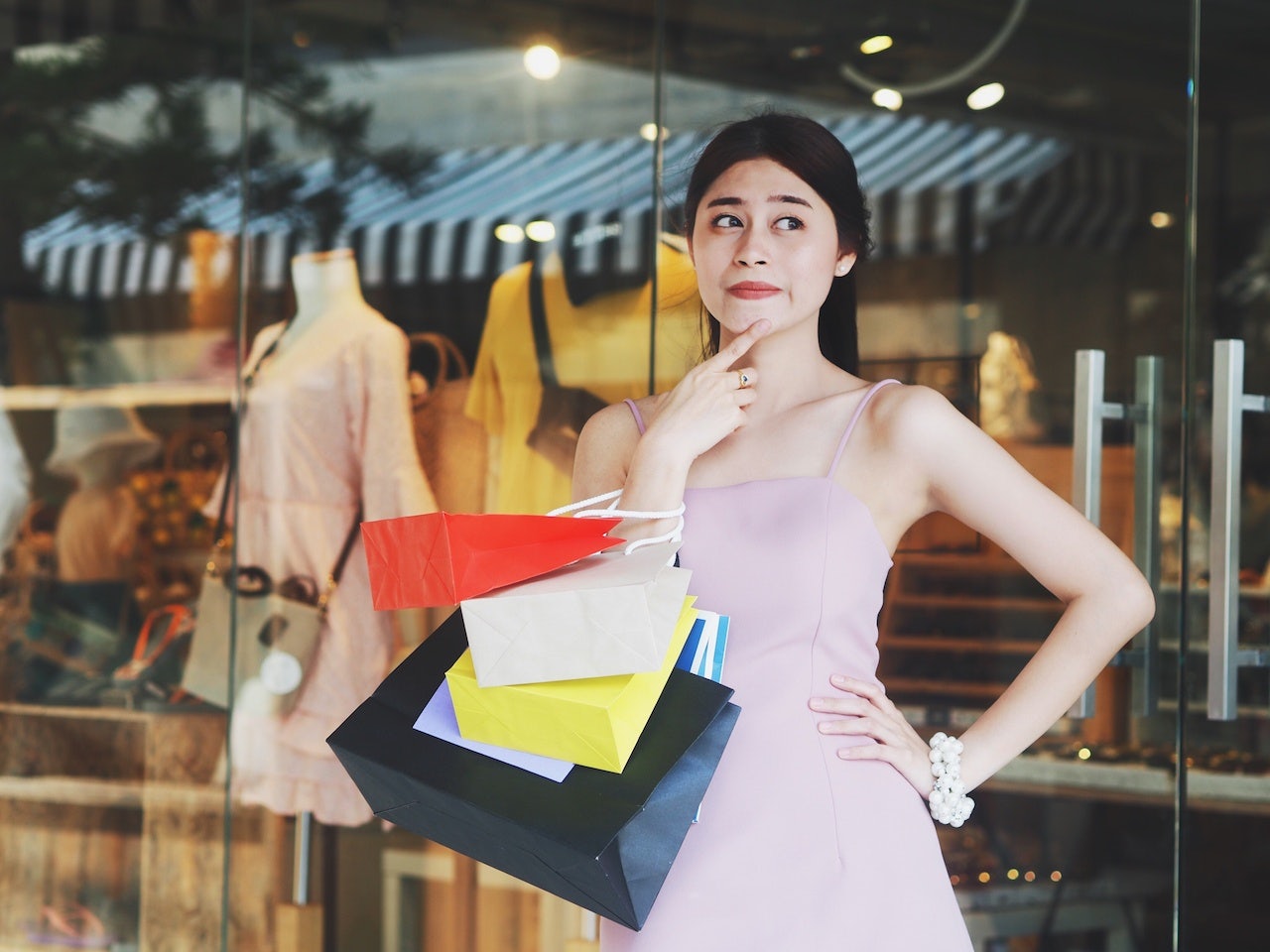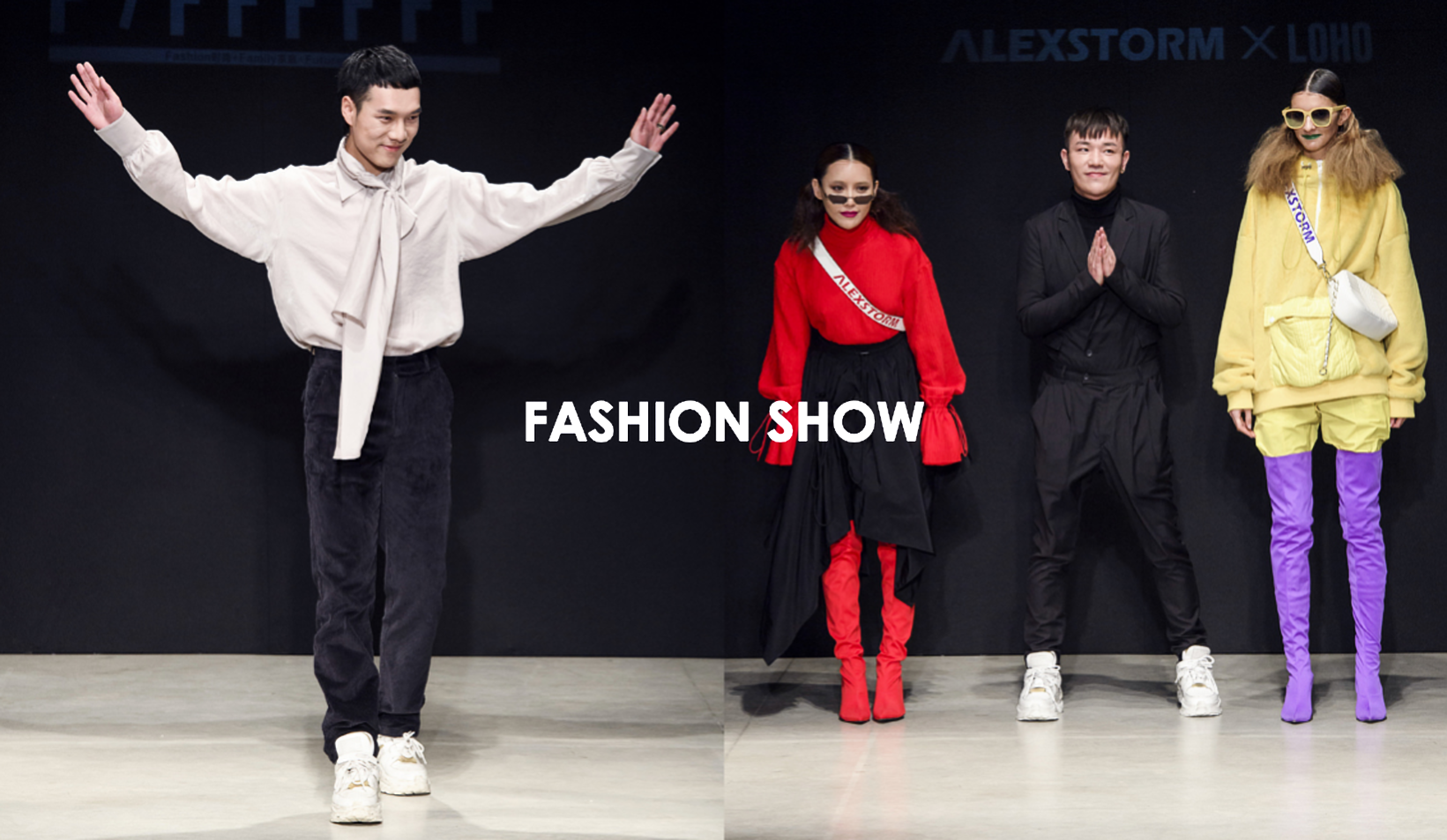Racial profiling in the retail world is an age-old tale, and cultural bias comes in every shade. For African-Americans, for example, shopping in a luxury boutique often means that your spending power is underestimated. But for Chinese, it’s often the opposite problem. These days, being Chinese and walking into a luxury store outside of China means facing tremendous pressure to shop and spend more than others, and in an age when social media amplifies everything, Chinese customers that are hyper-aware of cultural conflict are less likely to tolerate the way they’re treated abroad than in the past.
In recent years, Chinese claims of discriminatory practices in retail abroad have raged on the internet, with alleged racism at Paris’ Balenciaga store and price discrimination at London’s Heathrow airport being just a few examples. Amidst rising nationalist sentiment and social-media-powered activism, Chinese shoppers are now increasingly “woke” about unequal treatment and insist on calling out retailers that play upon worn out stereotypes.
To find out more, Jing Daily spoke with Chinese shoppers, luxury trip advisors, and retail staff to hear their stories about “shopping while Chinese.” Although these stories are all different, they each reflect one of two contradictory attitudes: excess flattery or snobbery.
“I know I am the fat chicken ready to be roasted.”#
“I often find the sales assistants too pushy,” said Annie Yu, a Shanghai-based finance worker who makes frequent shopping trips to European fashion capitals. “They just look at me and think ‘oh she is gonna spend a lot,’ and this over-enthusiasm really puts me off.”
Today’s Western media headlines tend to describe Chinese customers as “big spenders” who enjoy shopping sprees everywhere they go. Popular TV shows like “Britain’s Billionaire Immigrants” (Channel 4, U.K.) or “Ultra Rich Asian Girls” (HBICtv, Canada) have further reinforced the nouveau riche image of Chinese travelers. This “rich Chinese” portrait, coupled with the unstable economies in other countries, makes luxury stores expect a lot of business from their Chinese clients. Crafty retailers like Heathrow Airport were reportedly even training their staff to encourage more Chinese passenger spending. “They are aware of the economic potential of Chinese travelers, so sometimes they welcome them as fat chickens ready to get roasted,” said Erica Giopp, a Rome-based luxury trip advisor to Chinese travelers.
But surprisingly, the pressure to shop often comes more often from Chinese sales staff, who are eager to make commissions from people with their own background. Jiayi Chen, a London-based graduate student said, “Asian luxury sales assistants make me the most uncomfortable because they are very pushy. I’d much prefer to speak with local (European) sales staff rather than Chinese sales because I know the Chinese sales assistants are hired to suck me dry.”
“I don’t dress to impress. I dress to be seen.”#
Not all Chinese customers are created equal. While many of them say that they face extraordinary pressure to shop, others say they need to overdress in order to receive a standard level of hospitality that underdressed Western customers take for granted. “Once I wore a slightly casual outfit, and I was told by the staff that the shoes I wanted were not for sale,” said Andy Liu, a graduate student in Hamburg, Germany. “And the shoes were later sold to another local couple that walked in after me.” Judgmental attitudes from sales assistants aside, perceived notions about Chinese consumer taste also irks Liu. “Sales assistants always recommend very basic models to me, as if I have no idea about brands,” he said. He even felt he had to put deliberate thought to which brands he was wearing before entering a luxury store so that he would feel recognized as a legitimate shopper there.
Erica Giopp shared a similar story about her Chinese clients in Italy’s Cinque Terre region. She once took a group of tourists to a sports retail store to buy a pair of hiking shoes — with her clients wearing cheap flip-flops — but soon found that the store assumed Chinese shoppers couldn’t distinguish between cheap and expensive items. Her clients looked around and found some premium-priced sports clothes, but the shop owner told them, while laughing, that “those are very expensive. There are cheaper options here.” Her clients just laughed and bought out most of the entire shop, leaving the owner shocked.
As you can see by these differing examples, the experience of shopping while Chinese tends to fall toward one of two extremes: either being overestimated or underestimated. But thanks to social media and the “call-out” culture it has enabled, Chinese consumers have become hyper-aware of even the subtlest forms of discrimination at retail stores around the world. So how can these types of unfortunate incidents be avoided? Here are three takeaways that can help stores avoid negative treatment of their Chinese customers.
1. In luxury, desire, not pressure, makes the sale#
. All interviewees said that they wanted to be treated with respect, given the freedom to choose, and most importantly, offered genuine human interaction, not fake hospitality. It's a given that luxury sales staff should be properly trained, and with international customers who could easily become offended by a cultural misunderstanding, staff communication becomes even more crucial.
2. Place cultural fluency ahead of language fluency.#
“Chinese-speaking assistants sometimes are good at describing the products with technical language, but they completely lack sensibility about the cultural differences,” Giopp said. Similarly, a Milan-based sales advisor who worked at Gucci, Hermes, and Fendi told Jing Daily that “many older sale assistants have zero knowledge about Asia in general. They can’t tell the difference between Japanese, Korean, and Chinese people, let alone the nuances of customers across the greater China region, ranging from Taiwan to Hong Kong.” Offering training on general culture to employees at all levels would allow Chinese customers to feel seen, heard, and welcomed.
3. Nix any idea of a singular “Chinese luxury shopper” you think might exist.#
In today’s Internet culture, putting the extremely wide variety of Chinese consumers into one box is dangerous. “Brands should be prepared to enter a new era of the multi-client approach instead of working with outdated stereotypes,” said Tiziano Vescovi, a scholar in Chinese tourist shopping behaviors and professor at the Ca' Foscari University Venice. That means keeping up with the Chinese market, including trends in both shopping and travel. As the adage goes: knowledge is half the battle.


